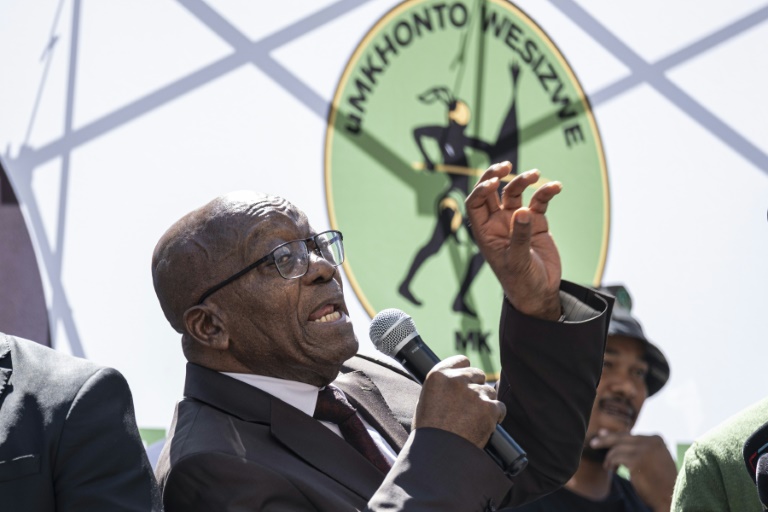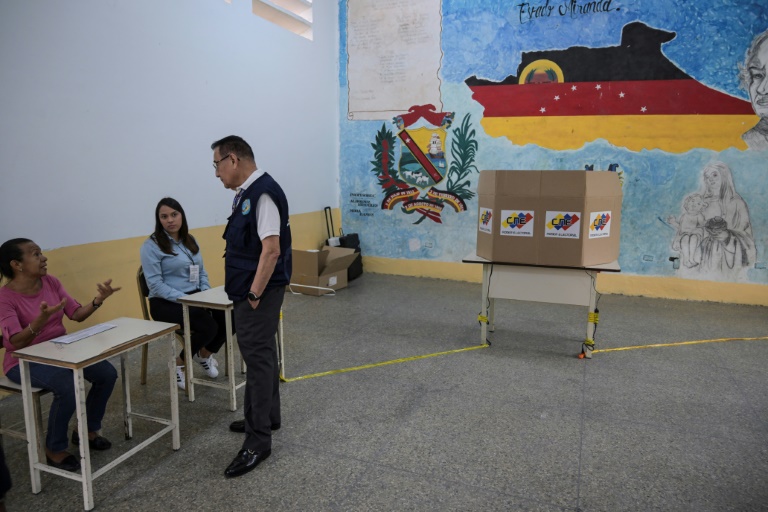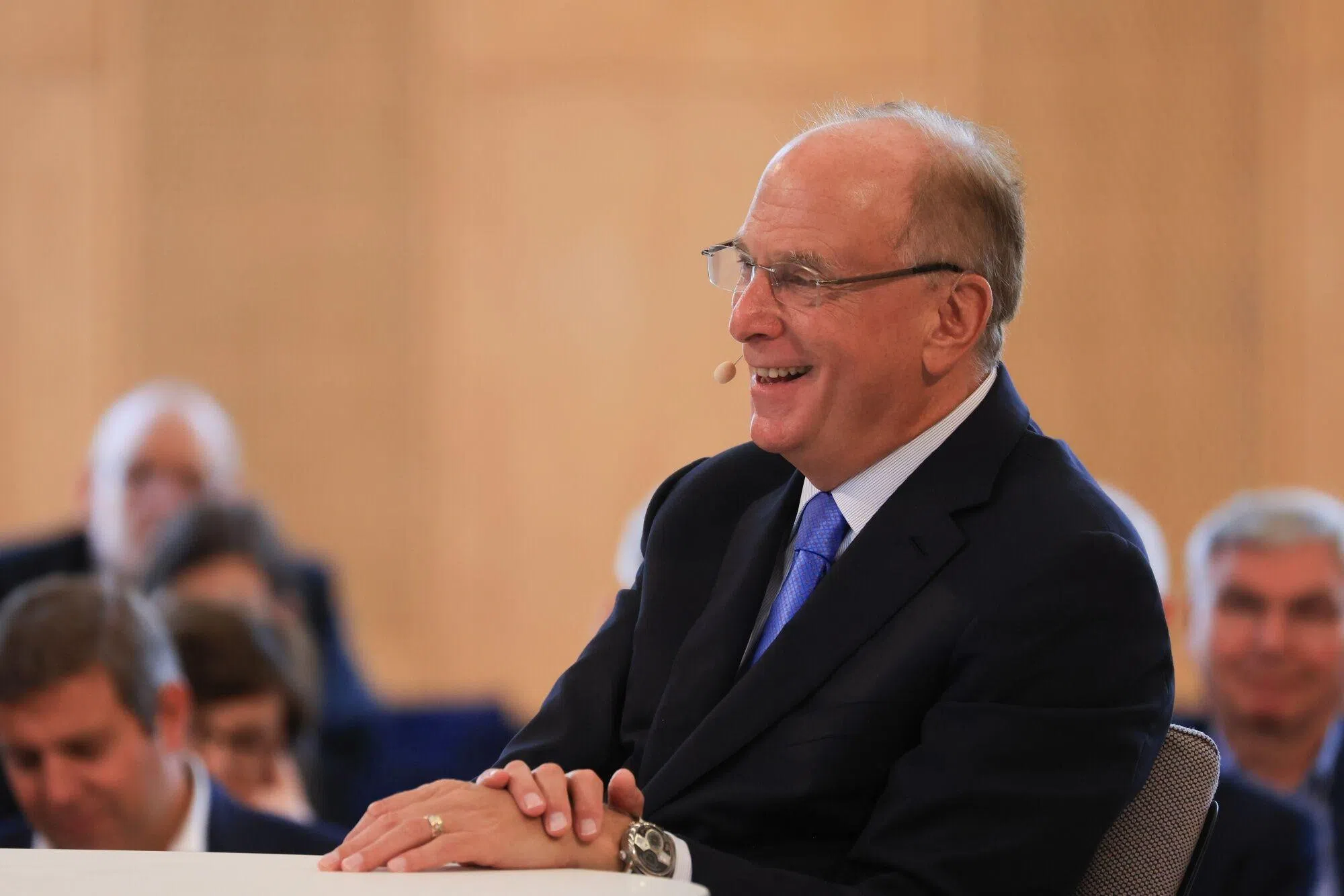South Africa’s electoral commission said Friday that it had appealed to the country’s highest court to rule on whether ex-president Jacob Zuma can stand in a general election in May.
The commission said in a statement that it had lodged an “urgent and direct” appeal to the Constitutional Court to provide “certainty”.
It is the latest twist in legal wrangling over the eligibility of the 81-year-old who is fronting uMkhonto we Sizwe (MK), a new opposition party that has become a potential upsetter in the May 29 election.
In a surprise verdict on Tuesday, the electoral court ruled that Zuma could stand, overturning a decision by the electoral commission to bar him over a contempt of court conviction.
The commission had excluded Zuma from the race at the end of last month, saying the constitution barred anyone sentenced to more than 12 months’ imprisonment.
Zuma was sentenced to 15 months in jail in June 2021 after refusing to testify to a panel investigating financial corruption and cronyism during his presidency.
His lawyers argued the sentence did not disqualify him as it followed civil rather than criminal proceedings, and had been shortened by a remission.
Zuma was freed on medical parole just two months into his jail term.
The electoral commission said Friday that there was “substantial public interest in providing certainty on the proper interpretation” of the constitutional article relating to candidacies of people who have been convicted.
“Such clarity is important in the present matter because of a live issue but also for future elections,” it said.
It also said the appeal was not intended by the commission “to involve itself in the political field of play”.
“It is rather to ensure free and fair elections by ensuring that applicable constitutional provisions relating to elections are clearly understood by all role-players and applied evenly,” it said.
South Africa’s general election is expected to be the most competitive since the advent of democracy in 1994, and Zuma’s presence in the campaign could prove a key factor.
Banking on his popularity, MK is expected to cut into the vote share of the embattled African National Congress (ANC) — the governing party and Zuma’s former political home.
This could precipitate the ANC towards seeing its vote share drop below 50 percent for the first time since 1994.
Short of a parliamentary majority, it would be forced to seek coalition partners to remain in power.
The ANC is struggling in opinion polls amid a weak economy and allegations of corruption and mismanagement.
Some polls put MK at above 10 percent nationwide, a share that would make it the third or fourth political force behind the ANC and the liberal Democratic Alliance.
The party is projected to make a particularly strong showing in the battleground region of KwaZulu-Natal, Zuma’s home province.
Zuma, who was president from 2009 to 2018, still carries considerable political clout.
Despite scandals and graft allegations, he remains popular particularly among the country’s more than 10 million Zulus.
South Africans will be voting for a new parliament, which in turn will elect the president







